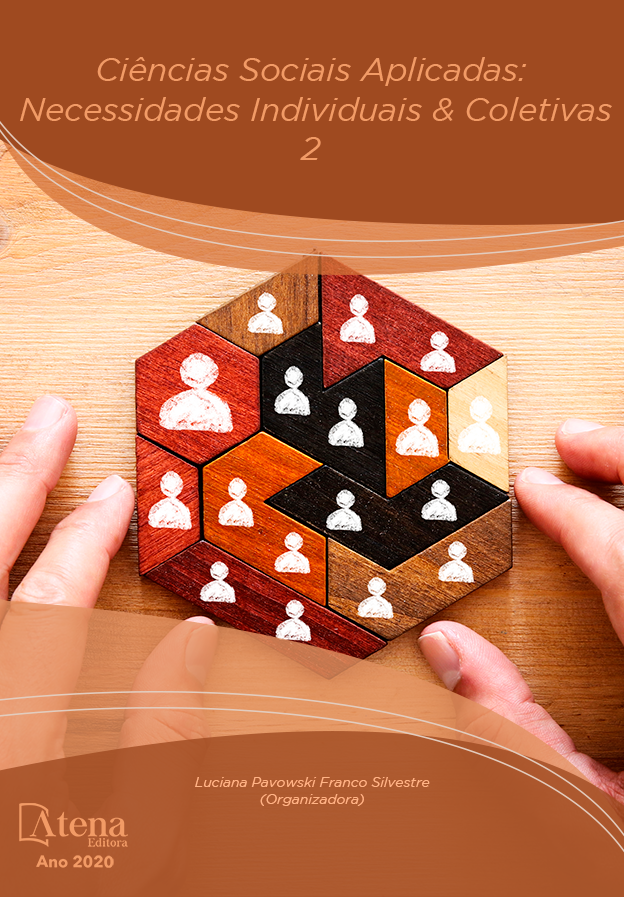
JUSTIÇA RESTAURATIVA: CONTRIBUIÇÕES PARA A CULTURA DE PAZ MEDIANTE PRÁTICAS PEDAGÓGICAS
Valendo-se de uma metodologia bibliográfica, bem como de estudos de campo, explorando a experiência adquirida em escolas da rede estadual da cidade de Sobral – CE, e usufruindo conjuntamente das teorias desenvolvidas por autores como Max Weber (1980), Howard Zehr (2008), Kay Pranis (2011), entre outros, o presente trabalho busca não só definir os sistemas de justiça retributivo e o restaurativo, mas também traçar paralelos entre a formação histórica dos mesmos, dando ênfase para a atuação do estado em ambos e mostrando as diferentes abordagens sociológicas que os mesmos trazem sobre a punição. Também tem como objetivo abordar as práticas existentes dentro da Justiça Restaurativa, contemplando as técnicas usadas dentro dos círculos de mediação e a metodologia usada para alcançar uma cultura de paz dentro dos ambientes que promovem a justiça. Ademais, busca-se mostrar como as práticas da promoção da cultura de paz, baseada em uma comunicação não violenta e no fazer-restaurativo podem ajudar na evolução das práticas pedagógicas, visando criar um ambiente escolar seguro para a construção de um saber que respeita as diferentes realidades sociais e garante, de fato, a aprendizagem, no sentido de materializar efetivamente um dos alicerces dentro de um estado democrático de direito isonômico: o direito fundamental a educação.
JUSTIÇA RESTAURATIVA: CONTRIBUIÇÕES PARA A CULTURA DE PAZ MEDIANTE PRÁTICAS PEDAGÓGICAS
-
DOI: 10.22533/at.ed.63720090912
-
Palavras-chave: Justiça Restaurativa. Culturas de Paz. Práticas Pedagógicas. Direitos Fundamentais
-
Keywords: Restorative Justice. Cultures of Peace. Pedagogical. Fundamental Rights
-
Abstract:
Using a bibliographic methodology, as well as field studies, exploring the experience gained in schools in the state network of the city of Sobral - CE, and taking advantage of the theories developed by authors such as Max Weber (1980), Howard Zehr (2008), Kay Pranis (2011), among others, the present work seeks not only to define the systems of retributive and restorative justice, but also to draw parallels between the historical formation of them , emphasizing the performance of the state in both and showing the different sociological approaches that bring them about punishment. It also aims to address existing practices within Restorative Justice, contemplating the techniques used within mediation circles and the methodology used to achieve a culture of peace within the environments that promote justice. Moreover, it seeks to show how the practices of promoting the culture of peace, based on non-violent communication and restorative do-making can help in the evolution of pedagogical practices, aiming to create a safe school environment for the construction of a knowledge that respects the different social realities and ensures, in fact, learning, in order to effectively materialize one of the foundations within a democratic state of isonomic law : the fundamental right to education.
-
Número de páginas: 15
- Francisco Mateus Pontes Pereira
- Tânia Gabriela de Sousa de Paiva
- Maria Isabel Silva Bezerra Linhares
- Débora Maria Ferreira da Silva


